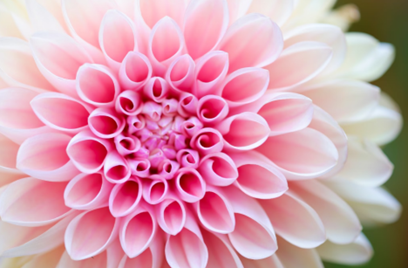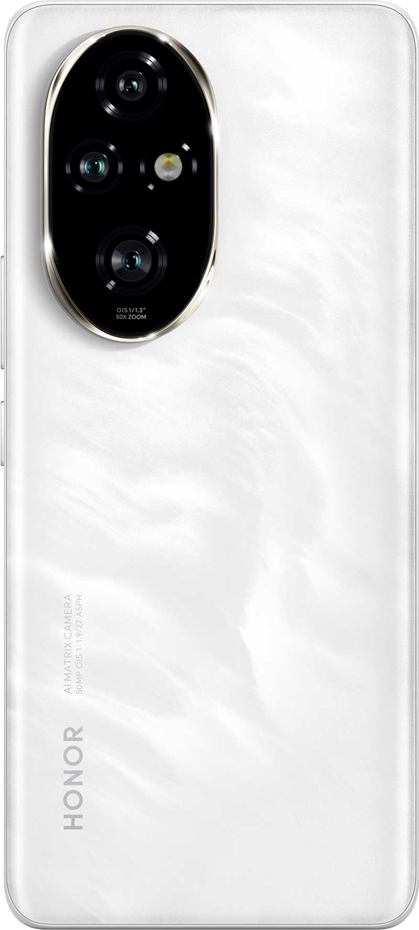Flowers are among the most beautiful and
intricate subjects in nature, offering a plethora of colors, shapes, and
textures that can be incredibly rewarding to photograph. However, capturing
their true essence can be challenging without the right techniques. In this
article, we'll provide essential tips to help you shoot stunning flower
pictures that truly do justice to their natural beauty.

Essential Tips for Flower
Photography
Choose the Right Time of Day
Lighting is crucial in photography, and the
best times to photograph flowers are during the early morning or late
afternoon. These times, known as the golden hours, provide soft, diffused light
that enhances the natural colors and details of the flowers without harsh
shadows. Early morning also offers the added bonus of dew on the petals, which
can add an extra element of beauty to your shots.
Get Close and Personal
Macro photography is ideal for capturing
the intricate details of flowers. Use a macro lens or the macro mode on your
camera to get close to your subject and focus on the fine details, such as the
texture of the petals, the pollen, and the unique patterns. Getting close
allows you to highlight aspects of the flower that are often overlooked, making
your photos more captivating.
Use a Quality Camera Phone
For those who prefer the convenience of a
smartphone, using a quality camera phone can yield excellent results. The HONOR
200 Pro, for example, is equipped with a Triple 50MP Studio-level Portrait
Camera that delivers exceptional image quality and sharpness. Its advanced
features make it easier to capture vibrant, detailed flower photos on the go.
Pay Attention to the
Background
The background can make or break a flower
photograph. Ensure that the background is not too distracting and complements
the flower. A simple, blurred background achieved through a shallow depth of
field can make the flower stand out. Alternatively, use natural elements like
leaves or a bokeh effect to add depth and interest to your composition.
Consider Composition and
Framing
Good composition is key to creating
visually appealing flower photographs. Use the rule of thirds to position the
flower off-center, creating a more dynamic image. Experiment with different
angles and perspectives to find the most flattering view of the flower. Don't
be afraid to get low or shoot from above to capture unique compositions.
Utilize Natural Elements
Incorporating natural elements into your
flower photos can add context and storytelling to your images. Include leaves,
stems, or other flowers in the frame to create a more comprehensive and
interesting composition. Using natural elements can also help in framing your
subject and guiding the viewer’s eye towards the main focus of the photo.
Use a Tripod
A tripod is an essential tool for flower
photography, especially when working with macro shots or in when shooting in
dim environments. It helps stabilize your camera, which not only ensures sharp
images but also guarantee the image quality when shooting with slow shutter
speeds. A tripod also provides the flexibility to frame your shot precisely and
take your time to adjust the composition.
Experiment with Lighting
While natural light is often best for
flower photography, experimenting with artificial lighting can also yield
interesting results. Use reflectors to bounce light onto the flower, or try
using a ring light or softbox to illuminate the subject evenly. Artificial
lighting allows for greater control over the lighting conditions and can help
you achieve the desired mood and effect.

Conclusion
Capturing stunning flower pictures requires
a combination of the right equipment, techniques, and an eye for detail.
Whether using a dedicated camera or a high-quality camera phone like the HONOR 200 Pro,
following these tips will help you take breathtaking flower photos that
showcase the beauty and intricacy of nature. Happy shooting!



